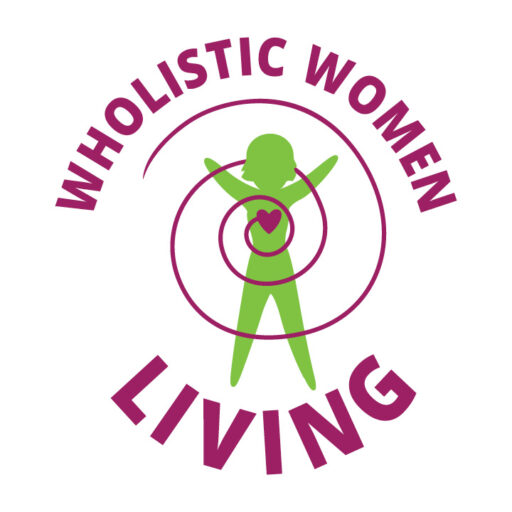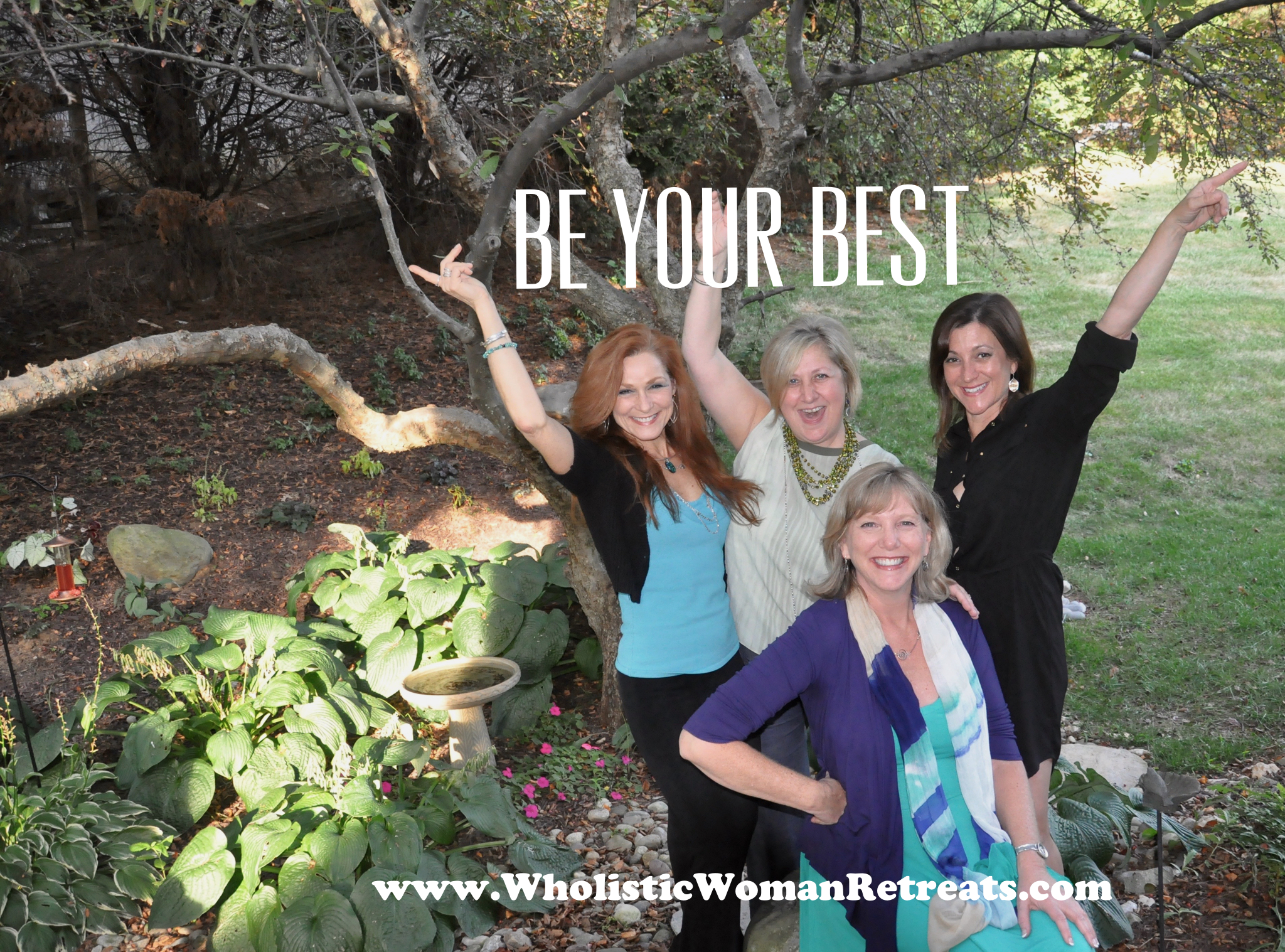Are you being all that you were created to be?
Sometimes I answer this question with a resounding YES! It’s usually when I feel that I’m having a positive impact on my world and others….when I’m using my God-given talents to be and do my best.
All too often, though, the answer to the question is a definite NO. Admittedly, in my humanity, I fall short of being my best on a regular basis. An inner, self-critical voice frequently tells me how I am not measuring up and never will. If I listen to the voice too closely I begin to believe that I shouldn’t even try. It tells me to play safe and small, not to speak up, and not to take risks.
Fortunately, I have learned how to manage my inner critic. I listen to it only to the extent of admitting that I didn’t do my best and that I could do better….and then I turn to curiosity and ask myself how I could improve next time. I maintain an open mind and consciously let go of self-judgment to try to learn from my shortfalls.
With this mindset, my life is a series of ups and downs that provide me with joy when things are going well, and life lessons when things are disappointing and hard. Perhaps the same is true for you.
At the heart of my growth process is self-awareness, or consciousness. I believe that the best way to navigate the highs and lows of life is by knowing, loving, and accepting ourselves….and when our ability to do that falls short, to trust that there is a Higher Power/God, who knows, loves and accepts us.
An important perspective is acknowledging that I am a work-in-progress. Rather than harshly berating myself when I make mistakes, I have learned to treat myself like I would a good friend. I can change the channel of that voice in my head to a station that speaks loving-kindness and affirmations that encourage rather than discourage me. Listening to that channel doesn’t remove the disappointment that I feel with myself, but it motivates me to learn and grow from a source of compassion and helps me release criticism.
As a professional coach I teach, and use many tools to develop self-awareness. One of the best tools I’ve found is Gallup’s Strengths Finder assessment, which provides individuals information about their top 5 talents. When we make an effort to learn about our talents, and practice using them effectively, they become strengths – characteristics that we can consistently use to produce positive outcomes at work and in life overall.
Each of our strengths has a light and dark side. The light side refers to those times when our strengths are serving us well and bringing about those positive outcomes I referred to above. The dark side, by contrast, is when our strengths do not serve us well. It’s important to know the warning signs when we are starting to drift into the shadow side of our strengths so that we can self-correct and return to the light side.
I will give you a couple of examples:
My top strength is Empathy. Gallup defines this strength as an ability to sense other’s emotions. I define it as being highly sensitive and tuned-in on an emotional level. Some might call it emotional intelligence. When my strength is serving me well, I am able to meet others where they are and connect with them on an emotional level to support them in the way that is best for them at that moment. This sixth sense helps me understand the emotional climate of an individual or a group, sometimes with a deeper awareness than they themselves may have. I drift into the shadows when I lose sight of the healthy boundaries between me and someone else and I actually take on their feelings. I can lose myself in another person’s emotional landscape by caring too much. This isn’t beneficial for me or the other person, so I have learned how to create boundaries that help me to be a successful coach to others and fully present and well-balanced in my own life.
I’ve spoken to many clients who have the strengths of Achiever and Responsibility. These people know how to get things done and they do it with a great attitude. They enjoy checking things off a mental or physical list and get great satisfaction from tasks being completed. They are ‘can-do’ people and are crucial to have on your team because they will ‘get it done’. That’s the good side. The dark side is that they can overwhelm themselves with how much there is to do and get stuck there; they can risk burning out by trying to do it all; or they can overstep boundaries and do things that other people need to do. A perfect example is a parent who needs to refrain from picking up after a child in order to teach her how to do it herself. We know that if we always do tasks for our children they won’t learn to become responsible adults and the same is true in other areas of our lives.
Another strength of mine is called Developer, which Gallup defines as having the desire and ability to help others reach their full potential. In my life, I’ve been able to express this strength in a variety of ways…as a teacher, a parent, and a professional coach. I feel deep satisfaction when I can support a client, friend, or loved one in being brave and taking the next step in their personal growth…in their lifelong journey to wholeness. The dark side of this strength is when I can see what’s possible (and my Strategic strength can see how to get there), but I’m way ahead of the other person. I need to remind myself that we each grow at our own pace, and wake up to consciousness when we are ready. I can provide fertile soil for growth but each seedling sprouts and grows in its own time. I must remember to respect each person’s pace, whether it is swift or, to me, excruciatingly slow.
I was inspired recently by an article written by Sandie Lynch, a friend and coach colleague. She shared 6 steps to develop self-worth and feel complete (or whole). They were all helpful, yet one especially resonated with me. It was the reminder to embrace our uniqueness.
Sandie states: “There are no two people who are the same. Each of us has unique gifts and talents which we possess when we are born. Our experiences develop our talents into strengths that when applied makes our part of the world a better place. Trust that you make a difference!”
I believe that knowing and developing your talents into strengths which you can consistently use for the benefit of yourself and others is pivotal to realizing your full potential and being your best.
How will you know, like, and trust your strengths more?
Here are two suggestions to start (or continue) you on that lifelong journey.
1) Change your inner critic to an inner coach. Cultivate core honesty with yourself, which is grounded in love and self-acceptance. Encourage yourself instead of discouraging yourself by treating yourself as you would a dear friend.
2) Learn about your strengths…both the light and dark sides… and practice ways to self-correct when you drift into the shadows. Draw healthy boundaries around them so that they make positive contributions and don’t overwhelm yourself or others.
I deeply believe that you are designed by God to be uniquely special. It is my hope that you will develop your inner strengths to be your best in all areas of your life.
An invitation: If you would like to learn more about being whole and living into your best self please join us for a Wholistic Woman Evening Retreat, Be Complete, led by Coach Sandie Lynch on 8/26 from 5:30-7 pm. Click here for details and to register.
Today’s author: Carol deLaski, PCC is a speaker, author, and coach who specializes in strengths development for individuals, businesses, and teams. You may contact her at [email protected] to arrange a complimentary call to see how strengths training can help you or your organization.

